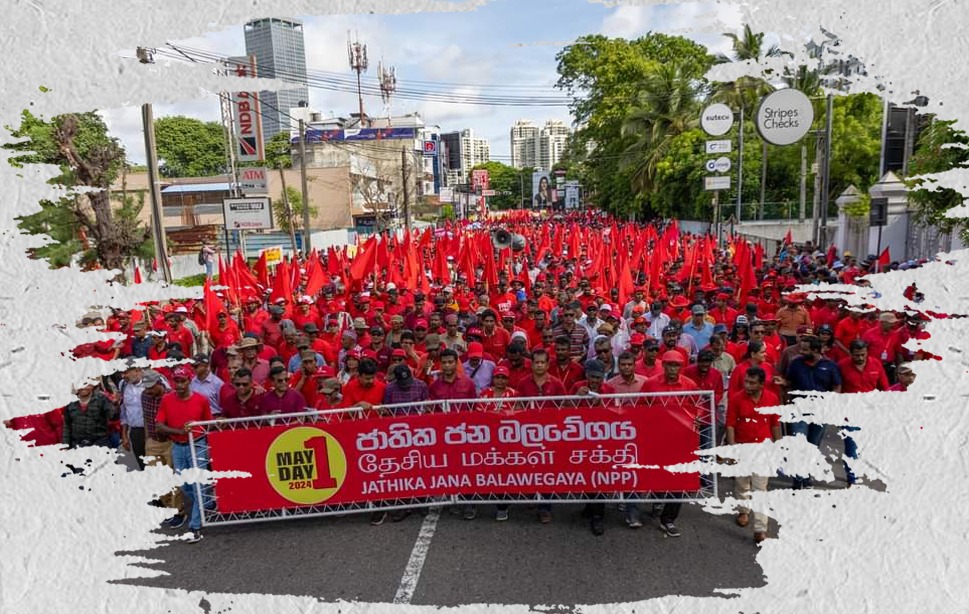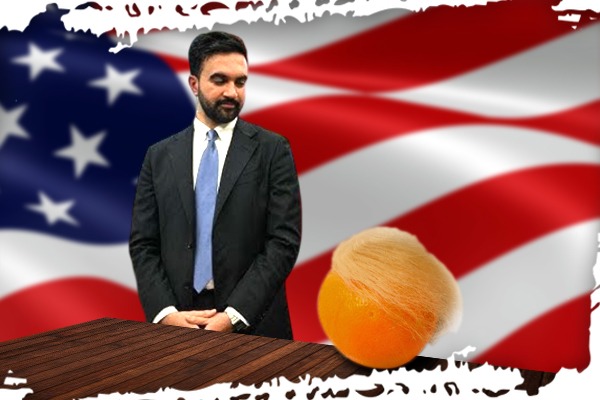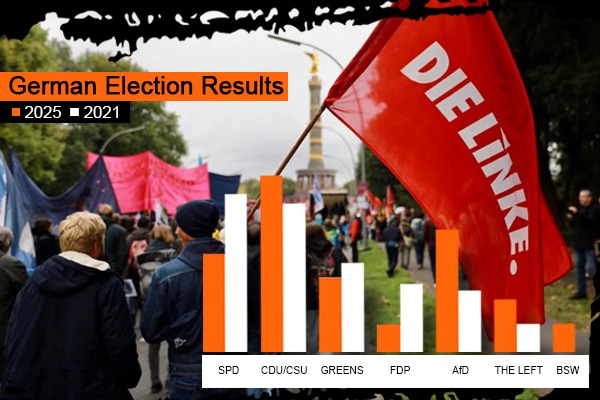Columbia University in New York City is undoubtedly among the best and most prestigious universities in the world. There are now many tents on the campus of that university. Over the last three weeks, students have been sitting under those tents, some with a black and white Palestinian keffiyeh tied around their necks, some with their faces covered, and all of the opinion that “we don’t want our university to support genocide.”
The lost dreams and the plight of the students of the destroyed universities of Gaza have travelled past an entire continent and an ocean to reach the collective conscience of the privileged students in the richest universities of the world.
Students and academic staff in top US universities are demanding withdrawal of the universities’ financial investments from weapon manufacturers, Israeli corporations, and international or American corporations which profit from the Israeli occupation in Gaza. The divestment demands are accompanied by calls to sever academic ties with Israeli universities. Students are vigorously protesting by making encampments in the university premises. The university authorities have not been able to suppress their voices even after calling the police. Rather, the movement is getting stronger in response to the campus authorities calling the police and has started echoing in other western countries.
On the morning of April 17, a group of Columbia University students gathered on campus to protest the Israeli army’s atrocities in Gaza. It was also around this time that University President Minouche Shafik was being questioned by the Congress about what measures had been taken to prevent anti-Semitism on campus. In evidence of her proactivity, she called the police on the campus the following afternoon. Police arrested more than 100 students. This is the first instance of mass arrest on Columbia’s campus since the Vietnam War in the 1960s. The student protest then spread to other universities.
The Strategic Response Group of the New York Police Department, a branch which specializes in countering terrorist activities and political movements, were called on to the New York University campus on April 22. They arrested more than 120 protesting students and faculties. 45 people were arrested at Yale University. A video of a female professor being dragged to the ground and handcuffed at the campus of Emory University in Georgia went viral on social media.
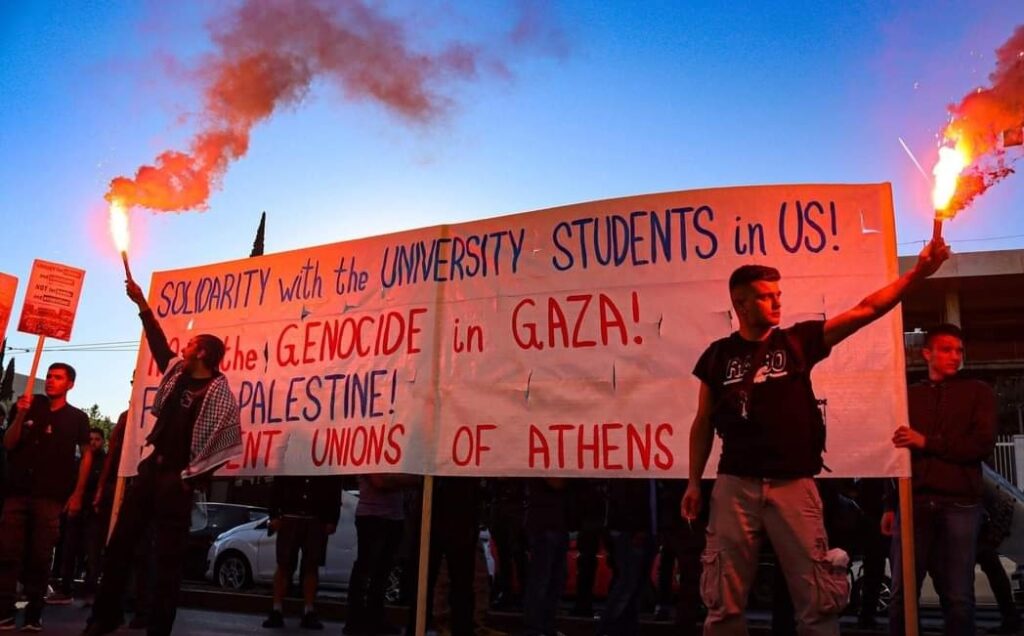
On Wednesday, April 24, a protest encampment was set up at Harvard University. On Saturday, April 27, the police arrested about 100 people from the protest on the Boston University campus. Over the last two weeks, many protesters have been arrested from Universities like Columbia, Yale, Harvard, Berkeley, New York, Boston, Emory, Minnesota, Ohio, Cornell, Texas Austin etc. The death march of the innocent Palestinians has brought back the shadow of the anti-war movement of 1968 on the US campuses.
The eight largest private universities in the north-east of the United States are collectively known as the Ivy League. These universities symbolize ultimate excellence in research and teaching and are traditionally considered the top destinations for talented and wealthy students. Every university has huge endowments at its disposal, which enables them to provide quality support and infrastructure for research and education programs year after year. In mid-2023, the total endowment of these universities was $183.08 billion. The richest among them, Harvard University, had an endowment of $49.50 billion. So, what are the sources of such enormous wealth?
Income tax exemption is available on money donated to education. Moreover, the government and various commercial organizations directly benefit from the university’s research. As a result, prestigious American universities receive huge sums of money every year from several corporations, public and private organizations, established alumni, various benefactors, and some rich individuals. Various activities of the university are run with the profit that comes from investing these donations. For Harvard University, for example, such investment returns amount to about US$ 200 million annually.
Although the universities did not disclose the details of their investments, a group of students dug up publicly available data to argue that the universities were investing large sums of money in various corporations profiting from and standing by the Israeli apartheid. That is, in addition to the American government, the US higher education institutions are also becoming complicit in this war through their financial investments. Therefore, the primary goal of the protesters is to bring to light where these huge financial investments by the universities are going to and to immediately stop the investments that support Israel.
This is not the first time in modern American history that a divestment has been called for to stop an apartheid. In 1965, some student organizations called for the end of Chase Bank’s investment in South Africa. Throughout the seventies and eighties, similar demands were raised in many US universities.
But it is not easy for the universities, which are funded by various commercial companies and wealthy individuals, to withdraw investments from all institutions and businesses associated with Israel. They fear losing grants and facing pressure from various commercial and political groups. Moreover, with corporations such as Microsoft or Google on the list of the war-complicit investments, withdrawing these investments could also cause a major shortfall in the university’s revenue stream. Some universities like California or Ohio State have already issued statements rejecting students’ demands.
However, the relentless protests and the arrest of over 2300 students by now have also seen substantial success in creating pressure on the university authorities. Columbia University and the University of Southern California had to cancel their university-wide commencements. Emory University had to relocate its commencement due to security concerns. University of California Los Angeles has moved all classes online. Both MIT and Harvard University have warned their protesting students of possible rustication.
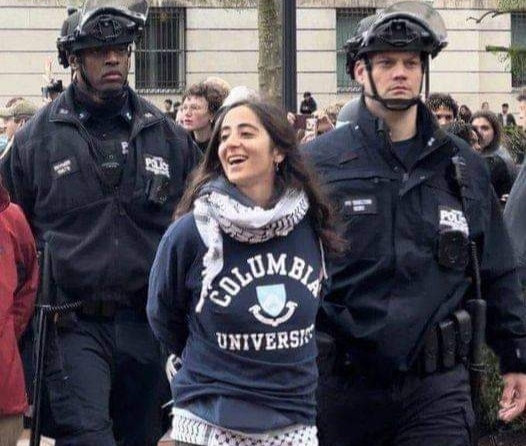
The movement initiated by the US students has found active solidarity in other countries including Canada and Australia. A pro-Palestine encampment involving 100 students in 30 tents has been set up at the University of Bologna, Italy, on Sunday. The Palestine Solidarity Network in the UK had put together investment information from different UK universities long back and had made it available online, calling on students to put pressure on universities for divestment.
One of the UK’s prominent right-wing media, Daily Mail, had already feared after the initial wave of protests that the American movement would soon reach British universities. And the Oxbridge students, along with their counterparts in Warwick, Sheffield, Bristol, Leeds, didn’t disappoint either. With the assessment period approaching, students are preparing for exams and writing dissertations sitting under the tents.
US President Joe Biden has labelled the movement as anti-Semitic. In the UK also, the Union of Jewish Students has expressed concern over Jewish students facing hostility and isolation. Author and political commentator Robert Reich, who is also a distinguished professor at University of California Berkeley and former secretary of Labour, has concluded that “while protest movements are often ignited by many different things and attract an assortment of people with a range of motives, this one is centered on one thing: moral outrage at the slaughter of tens of thousands of innocent people – most of them women and children – in Gaza. To interpret these protests as anything else – as anti-semitic or anti-Zionist or anti-American or pro-Palestinian – is to miss the essence of what’s going on and why.”
The whole world knows that Israel cannot be stopped from its genocidal venture unless the US, and a few other western allies, withdraw their unconditional support and stop blocking the UN’s calls for ceasefire in Gaza. Student movements have scared the government time and again in different countries throughout modern history. Let us see whether the US students can push the Biden government into assuming a more humanitarian face.



